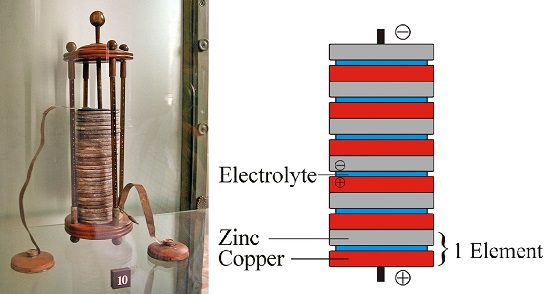What is the second law of thermodynamics in chemistry?
Reaction intermediate:intermediate
This law states that work can always be completely converted into heat but heat cannot be completely converted into work without leaving a permanent change in the system or surroundings. Only a fraction of heat can be converted into useful work and the rest remain enable level and unconverted. This means that all forms of energy can be converted into other froms of energy by any other processes.
The second law has been is stated in various ways-
All the statement have the same meaning.
1. Clausius statement:-
it is impossible for an self acting machine invaded by and internal energy to convey heat from a body at low temperature to another at high temperature.
2. Thomson's statement :-
The heat of the coldest body among those participating in a a cyclic process cannot serve as a source of work.
3. Kelvin-plank statement :-
It is impossible to construct a heat engine which operating in a complete cycle will abstract heat from a single body and convert the whole of it into work without learning any changes in the working system.
Conclusion drawn from second law :-
1. Second law tells the direction of the flow of heat.
2. There is no mathematical derivation of the law. It is based on experience.
3. Second applies to reversible cyclic operation only.
4. Increase in in randomness favours spontaneous change.













 Hello Friends,
My Name is Sonu.This is my blog "Chetiwer". In this blog you learn about Chemistry . I hope this blog is useful for you .
Hello Friends,
My Name is Sonu.This is my blog "Chetiwer". In this blog you learn about Chemistry . I hope this blog is useful for you .
No comments:
Post a Comment